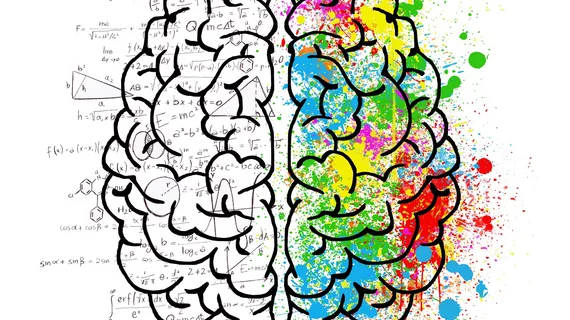UK researchers publish large Alzheimer’s dataset
A study investigating the differences between healthy brains and those with Alzheimer’s disease (AD) has produced a map of more than 24,000 AD-related datapoints, according to authors of the research published Feb. 4 in Communications Biology. They claim it is one of the largest datasets of its kind.
"This database provides a huge opportunity for dementia researchers around the world to progress and to follow-up new areas of biology and develop new treatments,” said Richard Unwin, MD, with The University of Manchester, U.K., in a prepared statement.
The analysis mapped the relative levels of more than 5,800 different proteins spanning six regions of the brain. The resulting dataset, available for free online, generated 24,024 data points.
According to the group, their study showed that the cerebellum, commonly thought to be immune to the disease, showed multiple changes they believe reflect an ability to protect itself from damage caused by Alzheimer’s.
Additionally, Unwin and colleagues identified 129 protein changes present in all areas of the brain they studied, 44 of which were not previously associated with AD.
"There are over half a million people in the UK living with Alzheimer's and there are currently no treatments that can slow or stop the disease from progressing in the brain,” Rosa Sancho, head of research at Alzheimer’s Research UK, said in the same statement. “Pioneering research like this is driving progress towards new breakthroughs that will change people's lives."
Researchers from the University of Auckland in New Zealand, University of Liverpool and the University of Bristol, each in the U.K., also contributed to this work. The Alzheimer’s Research UK funded the study.

